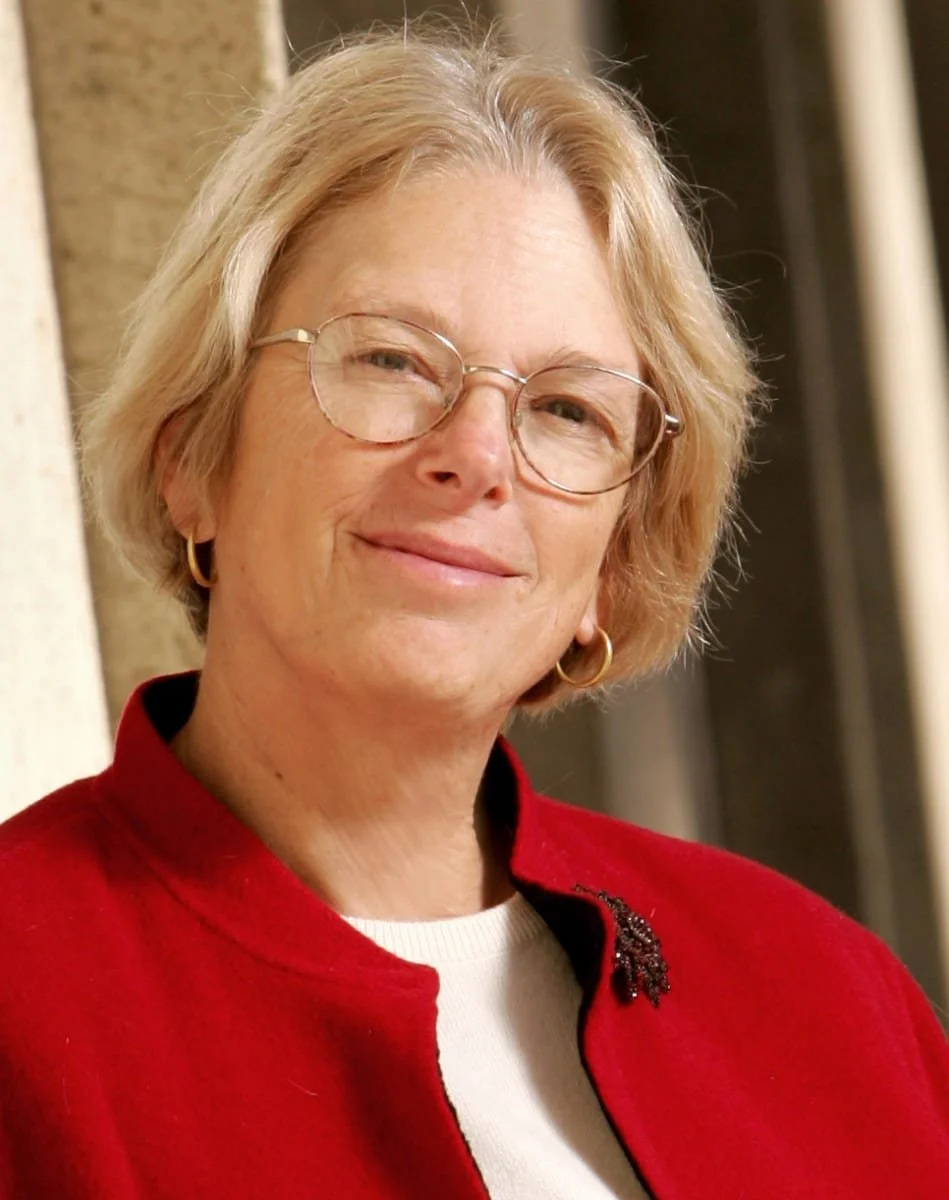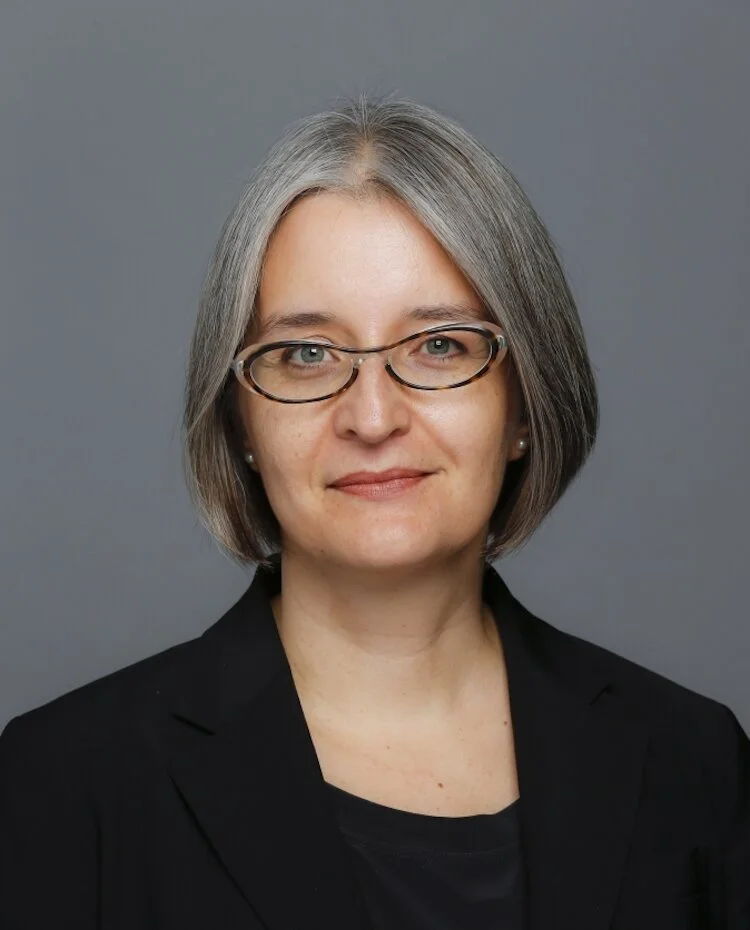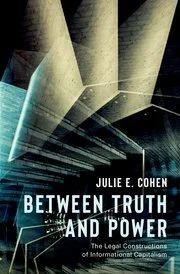In this session of the Guarini Colloquium: Regulating Global Digital Corporations, we discussed Elettra Bietti’s paper with our students and other participants.
In her paper, which is available on SSRN, Elettra Bietti develops a genealogy of the disagreements that have emerged around the notion of digital platform power and the conflicting regulatory proposals these disagreements have led to. She traces these debates’ roots to earlier 1990s debates about Internet regulation: contestations around the meaning of freedom, law, power and democracy in digital spaces. In particular, she isolates three paradigmatic views, or moments, in early Internet regulation discourse. First, anarcho-libertarian views portray the Internet as an autonomous and utopian sphere of free social interaction immune from external interferences from the state or the law. Second, liberal views include a number of different perspectives. Most notably, Joel Reidenberg and Lawrence Lessig developed the idea that code is law, that law and behavior-modifying regulation exist in digital environments, but that they manifest in different ways, most effectively through architectural and material means. Finally, a small group of critical thinkers questioned prevalent (anarcho-libertarian and liberal) understandings of cyberspace, showing that many of these views eluded the way power and commercial logics manifested and in practice governed the Internet.



























